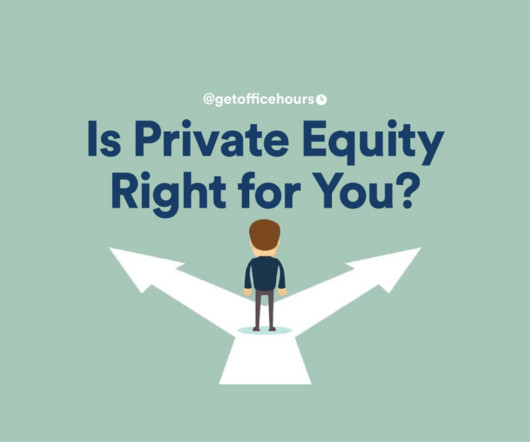Will Cava Going Public Set the Table for Other IPOs?
Successful Acquisitions
JUNE 27, 2023
By David Braun, Founder and CEO, Capstone Strategic When Washington DC based restaurant chain Cava became a publicly traded company recently, it bucked a trend that has lasted nearly two years, a notable absence of American IPOs. The past 18 months have marked the slowest initial public offering market since the financial crisis of 2008.




















Let's personalize your content